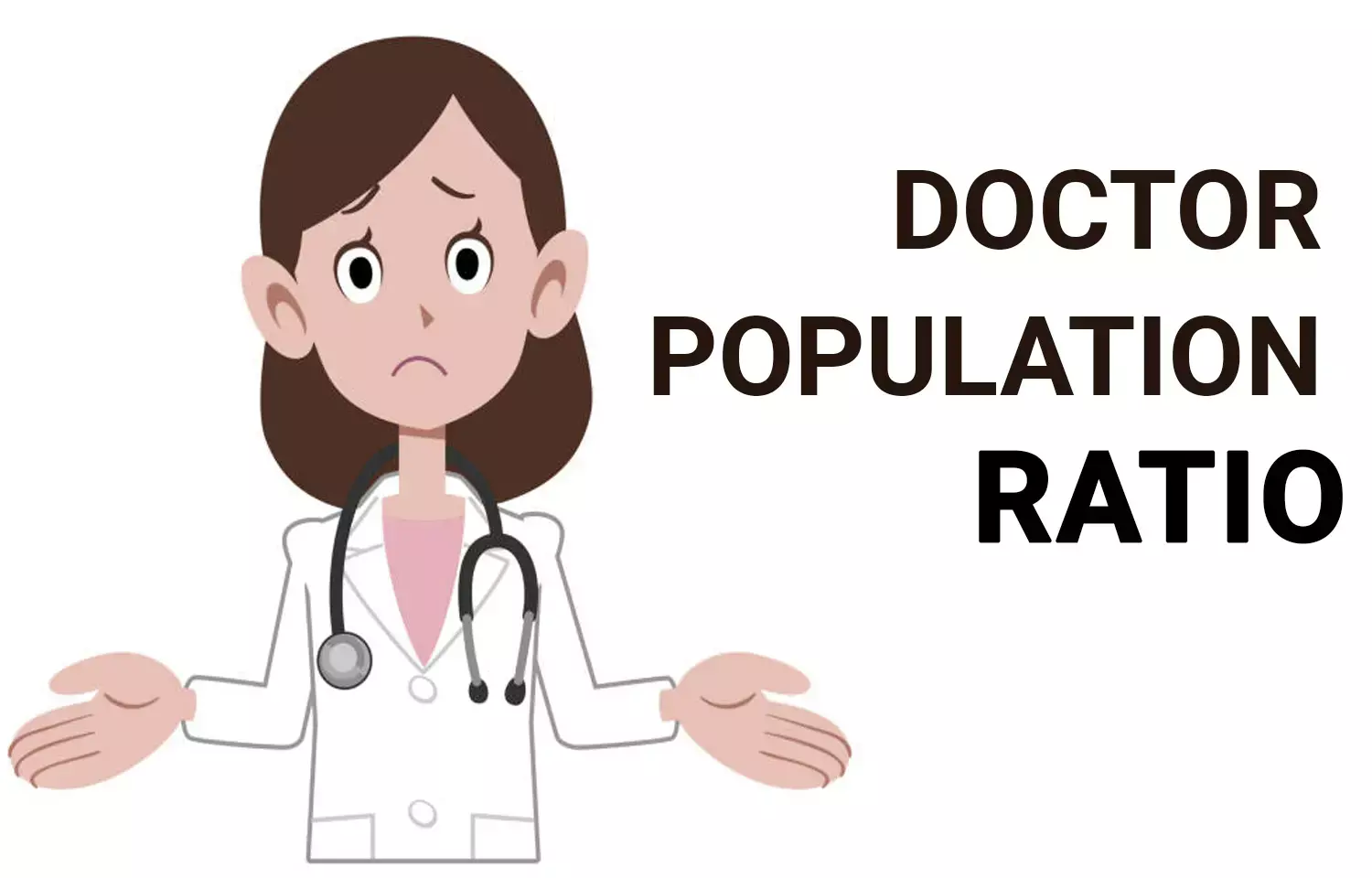- Home
- Medical news & Guidelines
- Anesthesiology
- Cardiology and CTVS
- Critical Care
- Dentistry
- Dermatology
- Diabetes and Endocrinology
- ENT
- Gastroenterology
- Medicine
- Nephrology
- Neurology
- Obstretics-Gynaecology
- Oncology
- Ophthalmology
- Orthopaedics
- Pediatrics-Neonatology
- Psychiatry
- Pulmonology
- Radiology
- Surgery
- Urology
- Laboratory Medicine
- Diet
- Nursing
- Paramedical
- Physiotherapy
- Health news
- Fact Check
- Bone Health Fact Check
- Brain Health Fact Check
- Cancer Related Fact Check
- Child Care Fact Check
- Dental and oral health fact check
- Diabetes and metabolic health fact check
- Diet and Nutrition Fact Check
- Eye and ENT Care Fact Check
- Fitness fact check
- Gut health fact check
- Heart health fact check
- Kidney health fact check
- Medical education fact check
- Men's health fact check
- Respiratory fact check
- Skin and hair care fact check
- Vaccine and Immunization fact check
- Women's health fact check
- AYUSH
- State News
- Andaman and Nicobar Islands
- Andhra Pradesh
- Arunachal Pradesh
- Assam
- Bihar
- Chandigarh
- Chattisgarh
- Dadra and Nagar Haveli
- Daman and Diu
- Delhi
- Goa
- Gujarat
- Haryana
- Himachal Pradesh
- Jammu & Kashmir
- Jharkhand
- Karnataka
- Kerala
- Ladakh
- Lakshadweep
- Madhya Pradesh
- Maharashtra
- Manipur
- Meghalaya
- Mizoram
- Nagaland
- Odisha
- Puducherry
- Punjab
- Rajasthan
- Sikkim
- Tamil Nadu
- Telangana
- Tripura
- Uttar Pradesh
- Uttrakhand
- West Bengal
- Medical Education
- Industry
India on path to achieve WHO-recommended doctor-population ratio by 2024, says NITI Aayog member

"India is well on the path to having one doctor per thousand population by 2024, which is the World Health Organisation (WHO) recommended doctor to population ratio and is increasing the number of beds from 11 lakh to 22 lakh," a statement quoted NITI Aayog member Vinod Paul as saying.
New Delhi: India is well on the path to achieving the World Health Organisation-recommended ratio of one doctor per thousand population by 2024 and is increasing the number of hospital beds from 11 lakh to 22 lakh, NITI Aayog member Vinod Paul said on Monday.
In the last 75 years, India has made significant progress in the health sector. At the time of independence, the average life was just 28 years and it has now reached close to 70 years, he said.
"However, we are still far away from meeting the aspirations of people in terms of access to health services, and this remains a challenge.
"We have taken a lot of steps to address these problems in the last six-seven years, and results are encouraging," Paul pointed out at the online ''Azadi Ka Amrit Mahotsav'' discourse series of Department of Science and Technology (DST), New India @ 75, organised by the National Council for Science and Technology Communication and Vigyan Prasar.
"India is well on the path to having one doctor per thousand population by 2024, which is the World Health Organisation (WHO)-recommended doctor to population ratio and is increasing the number of beds from 11 lakh to 22 lakh," a statement quoted Paul as saying.
Ayushman Bharat Yojna and Jan Arogya Yojna are programmes that focus on providing all kinds of health facilities to people and are steps towards universal health coverage, making health services affordable and ensuring access to health facilities, he said.
DST Secretary Ashutosh Sharma highlighted the contribution of the department in the development and progress of the country in the last 50 years and its efforts to make India a science, technology and innovation power in the world.
"The DST is a nursery to help, nurture and grow young talents for the progress and development of the country. It has the capability to create future talents, and in the last five years, we have launched a whole lot of schemes and have taken various steps to identify loopholes and rectify them to ensure that science, technology and innovation play the key role in the progress and development of the country," he said.
Also Read: 12.68 lakh allopathy, 5.62 lakh AYUSH doctors in India: Health Minister
Medical Dialogues Bureau consists of a team of passionate medical/scientific writers, led by doctors and healthcare researchers. Our team efforts to bring you updated and timely news about the important happenings of the medical and healthcare sector. Our editorial team can be reached at editorial@medicaldialogues.in.


